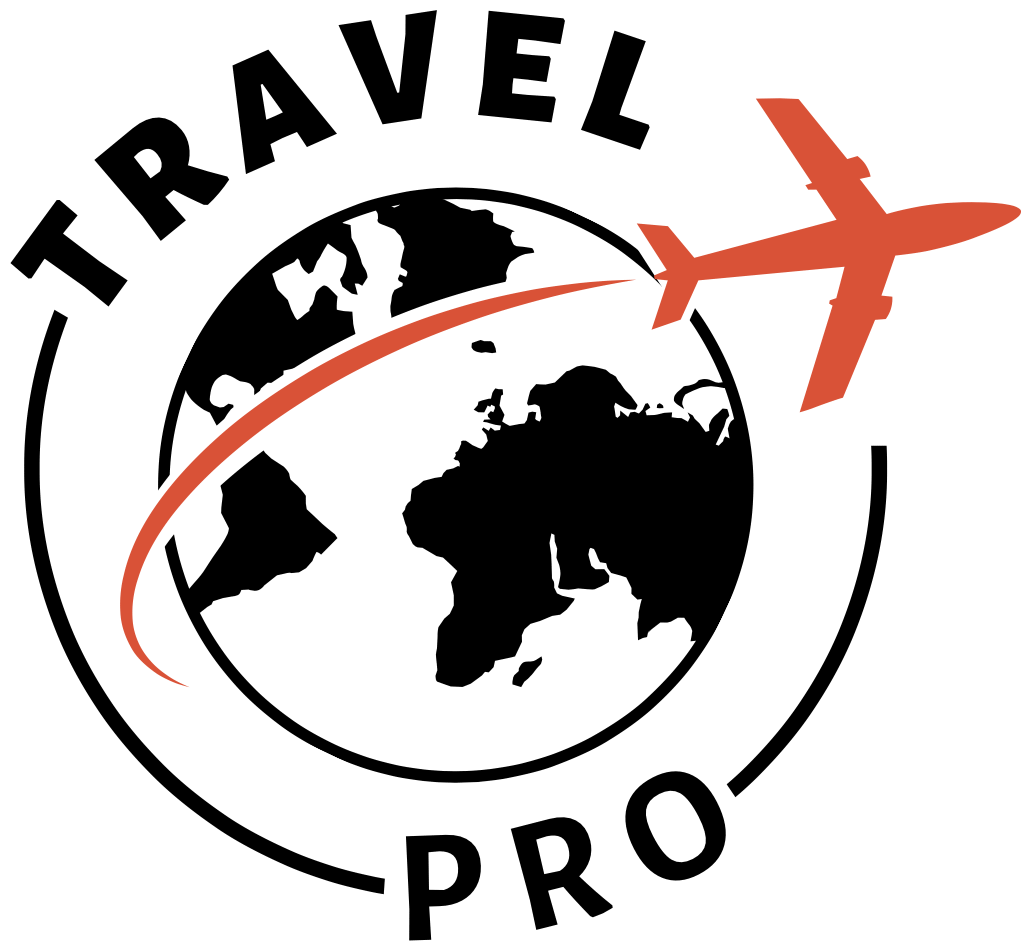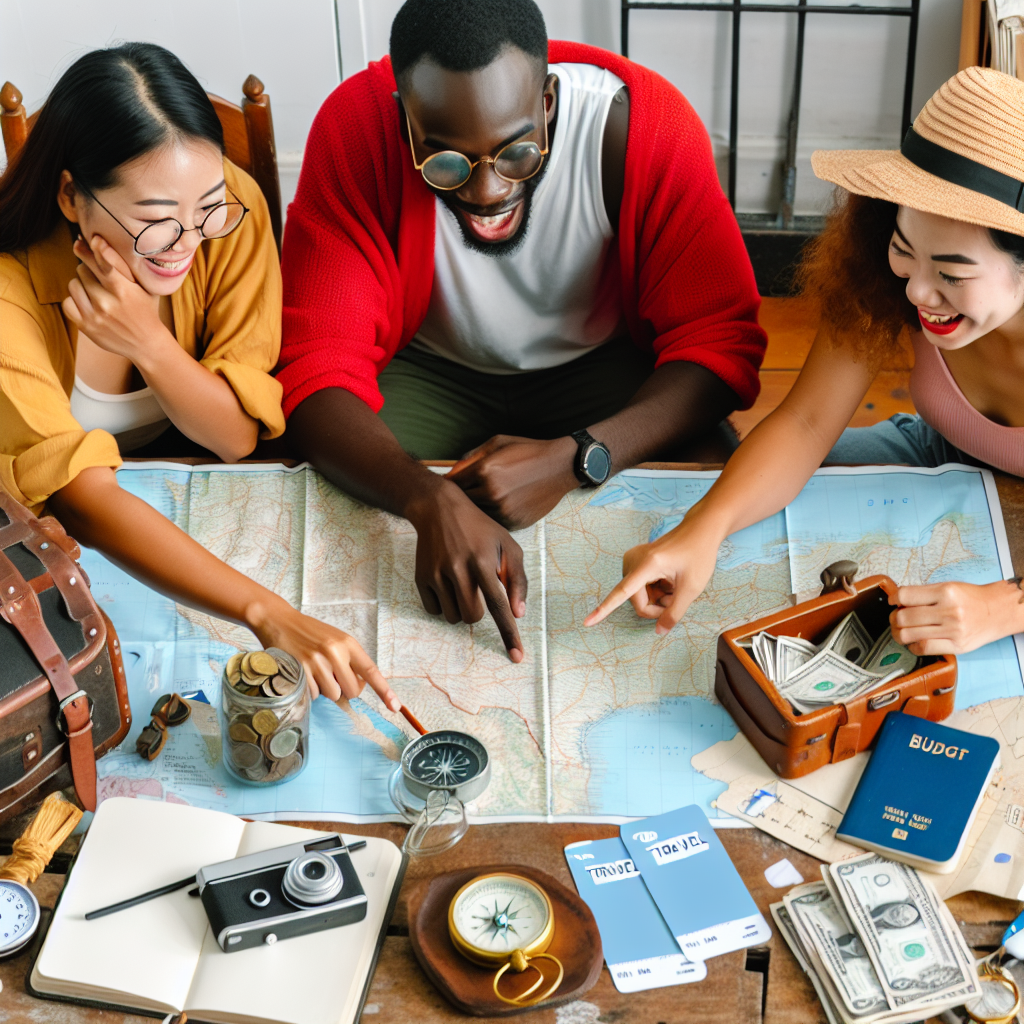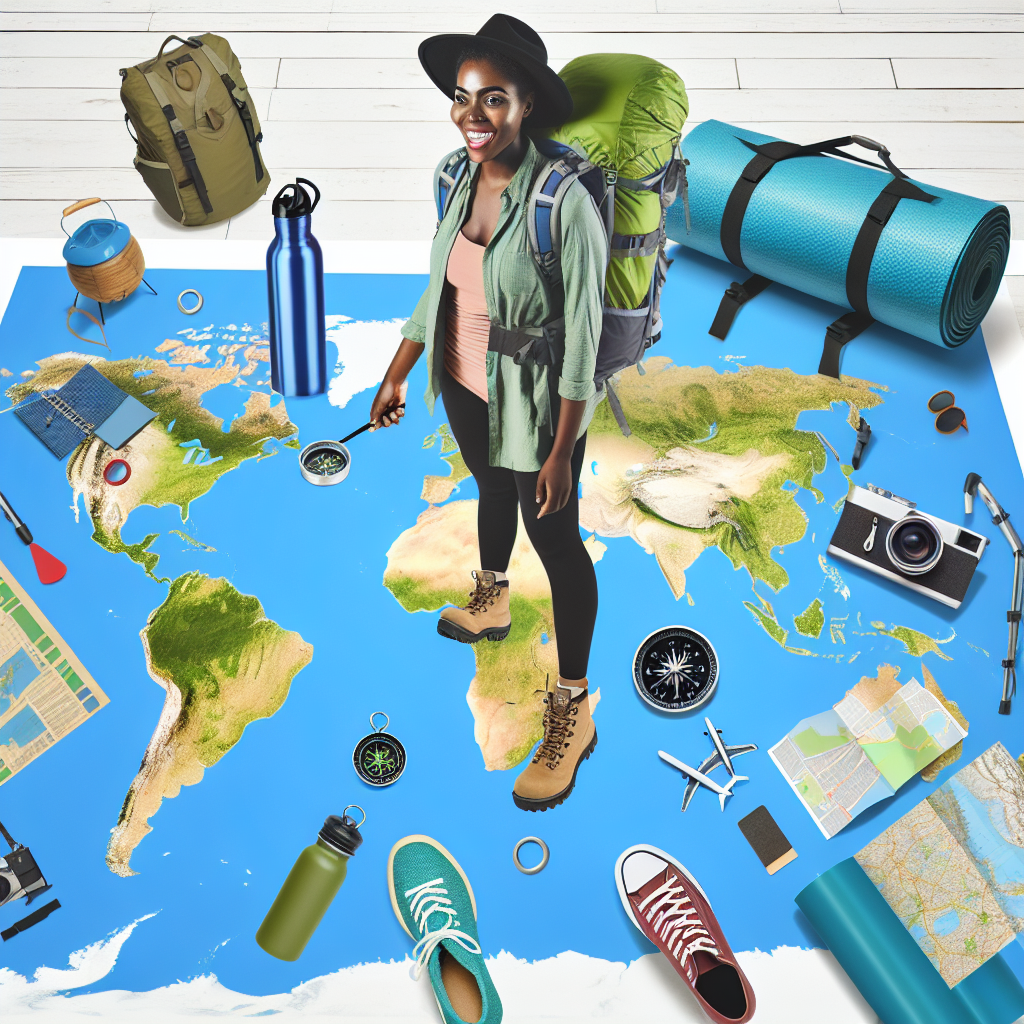Travel Smart: 10 Budget Tips for Your Next Adventure
Planning a getaway doesn’t have to break the bank! Here are Travel Smart: 10 Budget Tips for Your Next Adventure that will help you explore without financial fears.
Table of Contents
- Create a Flexible Budget
- Embrace Off-Peak Travel
- Accommodations on a Budget
- Utilize Public Transportation
- Stay Connected Without Going Broke
- Eat Like a Local
- Plan Free Activities and Tours
- Leverage Discounts and Coupons
- Travel Insurance: Necessary Expense or Extra Cost?
- Master the Art of Packing
Create a Flexible Budget {#flexible-budget}
The first step in a successful budget trip is to create a flexible budget. Start by determining your total travel expenses, but keep it adaptable. Use budgeting tools or apps to track your spending while you’re on the road.
Consider lodging, food, activities, and unforeseen expenses. Websites like Lonely Planet can help you gauge costs for various destinations. This way, you won’t be hit with surprises when you arrive.
Embrace Off-Peak Travel {#off-peak-travel}
Traveling during off-peak seasons is one of the best ways to save. Prices for flights and accommodations drop significantly when fewer tourists are around. Research the best times to visit your chosen destination by checking resources like National Geographic Travel.
For instance, if you’re eyeing a trip to Europe, consider traveling in late fall or early spring. You can enjoy a more leisurely experience, take stunning photos without a crowd, and score great deals on flights and hotels.
Accommodations on a Budget {#accommodations-budget}
Your choice of lodging plays a crucial role in your travel budget. Instead of splurging on high-end hotels, consider budget-friendly alternatives.
- Hostels: Great for meeting fellow travelers and often have kitchen facilities.
- Vacation Rentals: Platforms like Airbnb can offer entire homes or shared spaces at competitive prices.
- Camping: If you’re in nature-friendly locations, camping can be a thrilling and cheaper accommodation option.
Also, try to book well in advance to secure the best rates. Do keep an eye out for last-minute deals if you prefer spontaneity.
Utilize Public Transportation {#public-transportation}
Navigating a new city can be daunting, but public transportation not only saves money but also gives you a genuine feel of local life. Buses, subways, and trams are often much cheaper than taxis or rideshares.
Before you go, download local transportation apps to help plan your routes. Websites like Rome2Rio can be invaluable to determine various modes of transport and their costs.
If you’re traveling within a country, consider long-distance trains or buses, which can save you both money and time.
Stay Connected Without Going Broke {#stay-connected}
Keeping in touch on your travels doesn’t mean you have to fall victim to hefty roaming charges. Here are a few strategies:
- Wi-Fi Access: Use free Wi-Fi at cafes, libraries, or your accommodation.
- Local SIM Cards: Buying a local SIM can be economical, especially for long trips.
- Messaging Apps: Use applications like WhatsApp or Skype for free calls and messages when connected to Wi-Fi.
Being connected means you can access travel apps, maps, or even use navigation without incurring extra costs.
Eat Like a Local {#eat-local}
Food can be a significant expense while traveling, but it doesn’t have to be. Eating out is part of the experience, but try to mix in some cheaper options. Search for street vendors, local markets, or eateries popular among locals rather than tourist hotspots.
Cooking your own meals occasionally can also help save money. Look for accommodations with kitchen facilities. Plus, shopping at local supermarkets not only saves money but can also offer a delightful immersion into the local culture.
Plan Free Activities and Tours {#free-activities}
Many cities offer free walking tours, allowing you to explore while learning the history and culture of your destination for the price of a tip. Research local tourism offices or websites for free activities and events. National parks, museums, and cultural centers often have free admission on designated days.
Check online for travel inspiration and activities that have little to no cost, such as hiking, biking, or simply strolling through picturesque neighborhoods.
Leverage Discounts and Coupons {#discounts-coupons}
In the age of the internet, finding discounts or coupons is easier than ever. Before you go, search sites like Groupon or local deal websites for special offers on attractions, restaurants, and activities.
Also, consider purchasing city passes that bundle entry fees for multiple attractions at a discounted rate. These savings can add up and allow you to explore more during your trip.
Travel Insurance: Necessary Expense or Extra Cost? {#travel-insurance}
While some travelers may see travel insurance as an unnecessary expense, consider it as trip protection instead. Medical emergencies or trip cancellations can be financially devastating if you’re not prepared.
Before purchasing insurance, compare policies online to understand what’s covered. Websites like Travel.state.gov provide additional information on travel insurance options tailored to specific destinations.
You might want to read up on the importance of travel insurance to get a feel for what fits your itinerary.
Master the Art of Packing {#packing}
Packing light not only avoids extra luggage fees but also makes your travel experience more manageable. Here are some packing tips:
- Multi-Purpose Clothing: Choose versatile pieces that can be mixed and matched for different outfits.
- Layering: Opt for layers to adapt to changing weather rather than packing bulky items.
- Travel-Size Toiletries: Carry travel-sized toiletries or buy them at your destination.
- Pack Lightweight: A good travel backpack can even serve as carry-on luggage, reducing extra fees and making transit easier.
Mastering packing ensures you can navigate effortlessly between destinations while keeping your expenses down.
FAQ
1. How much should I budget for a trip?
It largely depends on the destination. Consider lodging, food, activities, and unexpected expenses. A good rule of thumb is $50–$100 per day for budget travel.
2. What are some free activities I can do while traveling?
Explore parks, visit museums on free admission days, join walking tours, or enjoy local street performances.
3. Is travel insurance necessary?
While not mandatory, travel insurance can save you a lot of trouble and money in case of emergencies or unexpected cancellations.
4. How can I find the best accommodation deals?
Use comparison sites, check Airbnb options, and always book in advance for the best prices. Last-minute deals can also be a surprising find.
5. Are there apps that can help with travel budgeting?
Yes, apps like Mint, Trail Wallet, or TravelMapper can assist in tracking your travel expenses efficiently.
Conclusion
Budget traveling does not mean compromising on fun and exploration. With these Travel Smart: 10 Budget Tips for Your Next Adventure, you can experience the world in all its splendor while sticking to your financial goals. So, pack your bags and set off on your next adventure! If you found this article helpful, share it with friends or family planning their own trip. Happy travels!


